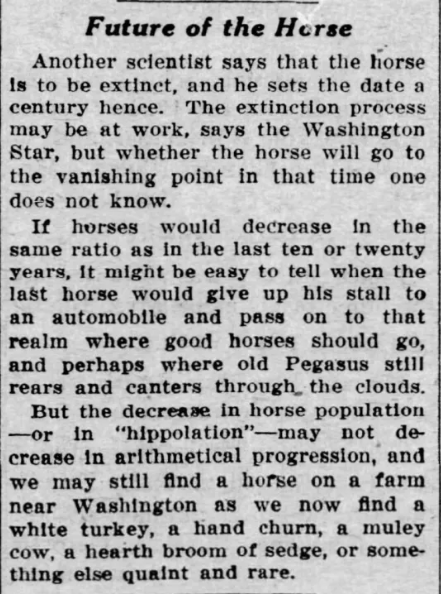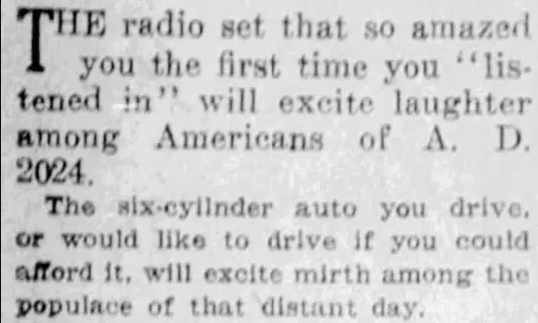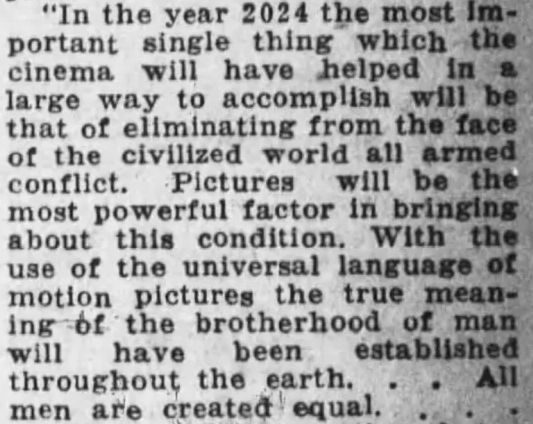Life
In 1924, the newspaper predicted what 2024 would be like: the comparison is impressive
We all enjoy envisioning the future. Once, even the notion of instant messaging from Europe to America seemed like incredible science fiction. The early twentieth century marked an era of scientific and technological progress, so it is not surprising that, with the development of airspace and the advent of the first airplanes, dreams of a high-tech future seemed less impossible.
Back in 1924, an intriguing article was published in a newspaper. The Metro newspaper depicted how the generation that lived through the First World War envisioned the world 100 years into the future.
The newspaper clippings were shared by Paul Fairey, a researcher at the University of Calgary. The city of the future, as described in 1924, strikingly resembles the megacities we are accustomed to today.
"Cars zipping along a speedway through the city center," "constantly moving walkways," and an overwhelming number of cars on the roads—all of these have undeniably become a reality.
A century ago, in the era of the first automobiles, our ancestors believed that in the future, horses would vanish entirely as there would be no need for them.
They also fantasized about appearances. For instance, the prediction includes a phrase that "people will paint their skin in the colors of the rainbow." If we interpret this phrase as a reference to tattoos, which is a very popular trend today, we can say that this prediction came true.
In 1924, radio must have been quite dull, as the prediction stated: "Americans will laugh at radio." With the emergence of television, many foresaw the demise of radio, but recently podcasts have become a trend, so the disappearance of this form of information transmission is out of the question.
One of the predictions was about life expectancy. If the average age was 100, then 75-year-olds would still seem quite young.
Predictions about 100-story buildings and family albums with videos instead of photos have come true.
Some of the more unusual predictions include "people jumping from planet to planet," "innovative clothing that adapts to body shape," and beds that "kick children out of bed" in the morning. Probably, the last prediction was written by parents who were tired of waking their children up for school or kindergarten every day.
Predictions that unfortunately missed the mark: "films will bring world peace," "films will create a universal language that will eliminate armed conflicts," "people will live in peace and brotherhood"—these and other similar phrases now only evoke a sad, condescending smile. The people who wrote these predictions 100 years ago had just lived through the First World War and believed that "this war put an end to all wars."
Throughout history, mankind has dreamed of peace, but peace has only been a brief respite before the next war.
Subscribe to OBOZ.UA Telegram and Viber channels to keep up with the latest developments.






























